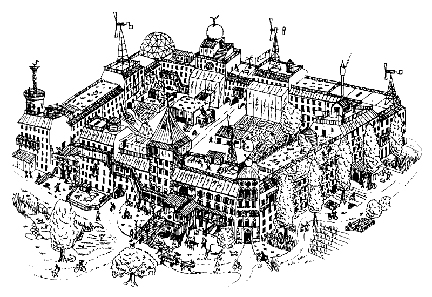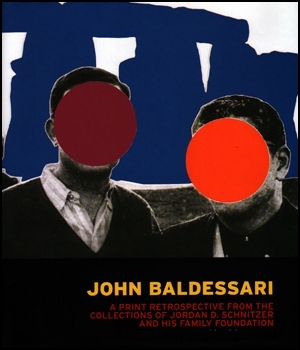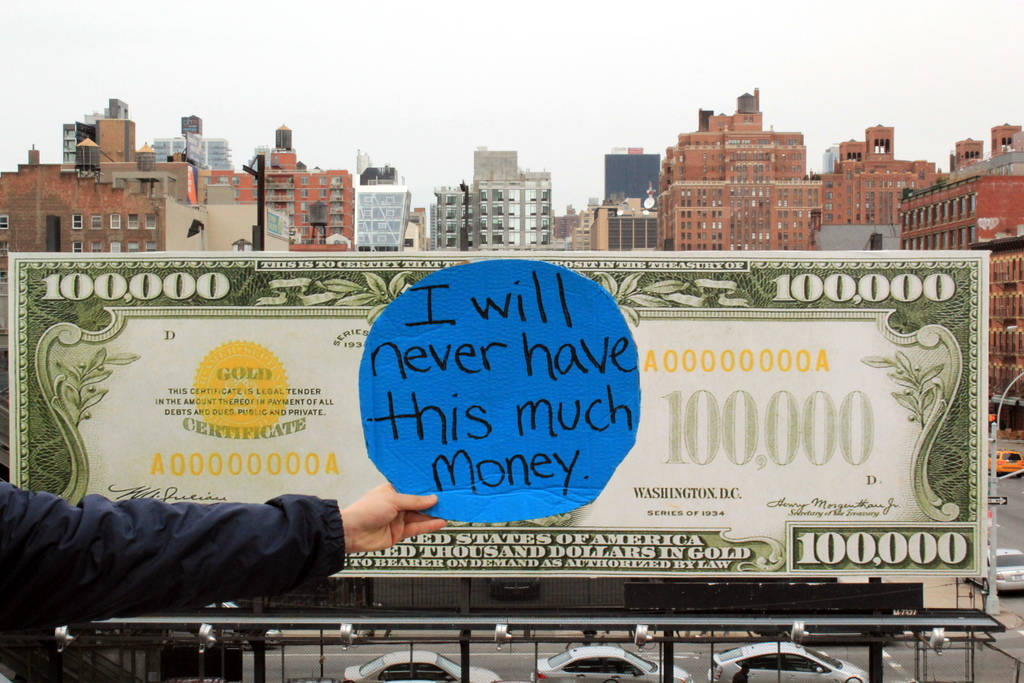OWS ARTS & LABOR TEACH-IN
March 4, 2012, 3-6pm
Location: 66-68 East 4th Street, Manhattan
Contact: owsartsandlabor@gmail.com
http://artsandlabor.org/alternative-economies/
#OccupyWallStreet has cracked open a little hole in history, creating a moment where some of the very core institutions of our economy are called into question. Along with indignation and outrage, there is a certain excitement in the air. Things that have been terrifyingly stuck seem to be moving. Something seems possible today that wasn’t just a month ago. In this space, our conversations and our imaginations are buzzing. What are we doing? What should we do? What’s coming next? -Ethan Miller, Occupy! Connect! Create! Imagining Life Beyond ‘The Economy’
The second Arts and Labor Alternative Economies Teach-In looks to the model of the Solidarity Economy as a strategy for organizing new art economies. Rather than waiting for revolution, the solidarity framework allows us to begin where we are, to identify the struggles within our current economic structures, and to imagine alternatives. Built around values such as cooperation, individual and collective well being, social justice, ecological health, democracy, and diversity, the chief principle behind the Solidarity Economy is that rather than creating a new blueprint for society, our task is to identify the alternatives that already exist through the activities of seeing, naming, connecting, strengthening, and creating. How can we apply these principles of the solidarity economy to organize different structures for work, life, art, and labor? Come be part of the conversation.
Schedule: 3:15 PM
Tour of 4th Arts Block led by Tamara Greenfield, Executive Director. Maximum Capacity: 20. Please RSVP at owsartsandlabor@gmail.com.
4-5 PM: Presentation by Cheyenna Weber and Caroline Woolard of SolidarityNYC
5-6 PM: Discussion
Fourth Arts Block (FAB) (http://fabnyc.org/) is a non-profit organization founded in 2001 by cultural and community groups to establish and advance the East 4th Street Cultural District, between 2nd Avenue and Bowery. FAB is leading the development of the East 4th St Cultural District, the only official cultural district in Manhattan. Home to more than a dozen arts groups, 10 cultural facilities and 17 performances and rehearsal venues, the East 4th Street Cultural District attracts an annual audience of 200,000, serves 1,200 artists and provides more square feet of active cultural use than any other block in New York.
SolidarityNYC (http://solidaritynyc.org/) connects, supports, and promotes New York City’s solidarity economy. The solidarity economy meets human needs through economic activities–like the production and exchange of goods and services–that reinforce values of justice, ecological sustainability, cooperation, and democracy. From credit unions to worker cooperatives, Community Supported Agriculture to time banks, community land trusts to participatory budgeting, it’s an economy actually worth occupying. Our vision is a vibrant and growing movement that provides greater economic security, improved physical and emotional health, and increased democracy for our communities and ecosystems.









